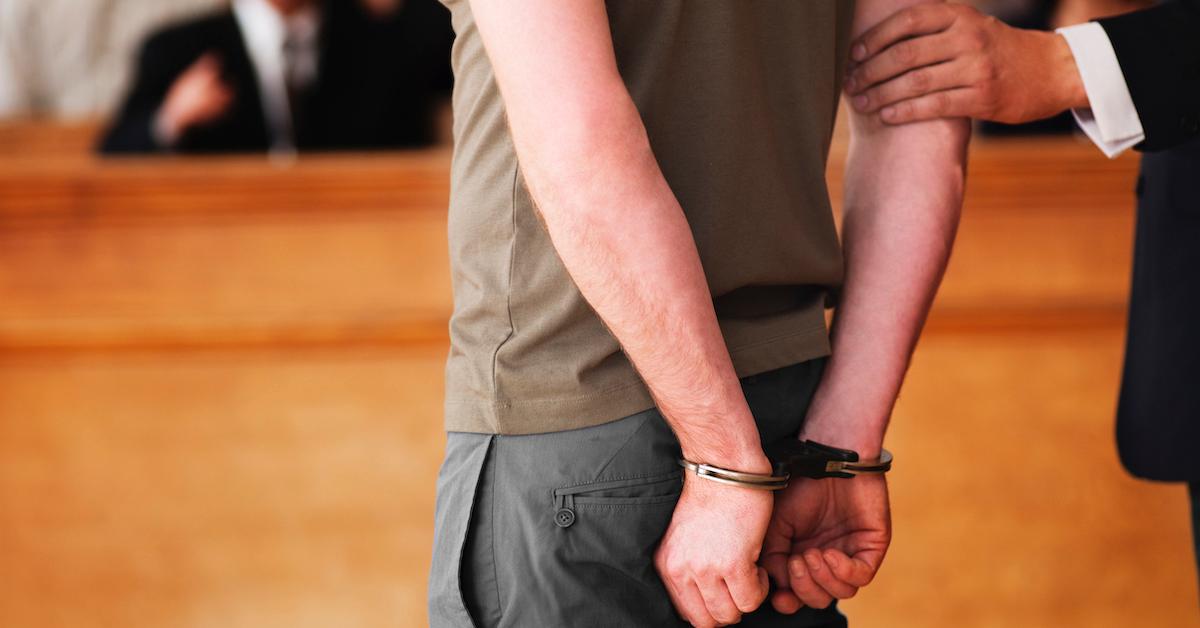What Happens If You Lie Under Oath? Perjury Is a Pretty Big Deal
Published July 27 2023, 3:15 p.m. ET

We've all seen high-stakes courtroom drama scenes on TV and in movies that involve a witness knowingly lying under oath. What happens in real-life trials when someone commits this crime, also known as perjury?
Ahead, we'll explore what exactly constitutes lying under oath, and what the potential punishment could be. What happens when you lie under oath is kind of a big deal, to put it mildly.
So, what happens when you lie under oath?

Before we get into the meat and potatoes of what the fallout can be if you perjure yourself on the witness stand, it's important to explain exactly what constitutes perjury.
According to the United States Department of Justice, perjury is when, first, a person takes an oath to testify truthfully on the stand.
Then, to prove a witness is guilty of lying under oath, it would have to be indisputable that the person willfully gave false testimony.
But wait — there's more! The person would have had to know they were making false statements, and in response to a material fact, which is defined as having the ability to "impede the proceeding or influence the decision of tribunal or investigating body and may pertain to the main issue, collateral issues, or even the credibility of witnesses."
With that said, if someone is found guilty of lying under oath, this is a felony in almost every state in the U.S. So yeah, perjury is a serious crime if you ask any attorney or justice official. A person who lies under oath may serve jail time and more.
What's the punishment for lying under oath?

If you're found guilty of lying under oath, you may face up to five years in prison.
A person who commits perjury may also be subject to fines, or have to serve probation, or all of the above. Meanwhile, the punishment for perjury can depend on the nature of the offense being tried. The more serious the charges, the more serious the stakes can be for a person who lies under oath.
But here's the rub: First of all, being evasive on the stand doesn't constitute as lying under oath.
The fact remains that proving someone has committed this assault on the American justice system can be quite difficult, if not impossible. As The Atlantic put it in an article on the matter in 2019, "Cases can be difficult to prosecute and prove, because perjury requires clear and direct questions and brazenly untrue responses."

In other words, saying, "I do not recall" or similar isn't what we're talking about when it comes to being found guilty of having lied under oath, and being shipped off to prison.
Perjury is so rarely prosecuted in fact, that it is called "the forgotten offense."
That said, high profile cases of people who were convicted of perjury include Lil' Kim, Olympic runner Marion Jones, and former LAPD detective Mark Fuhrman.